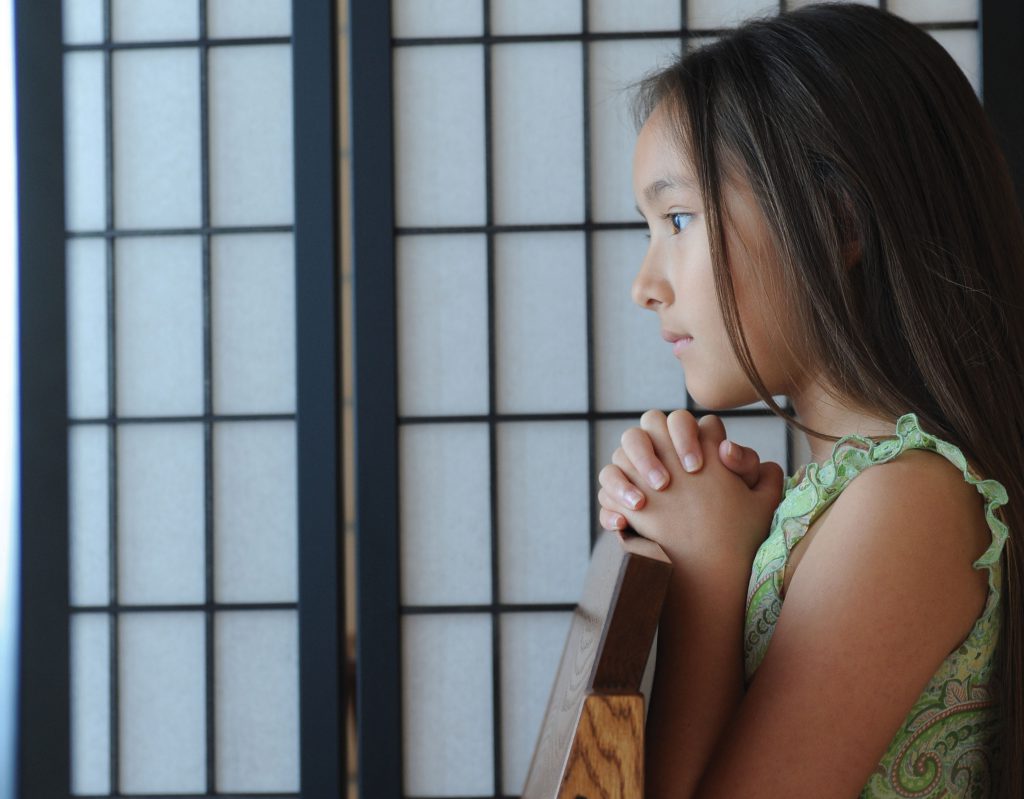The Sacrament of Reconciliation is a great gift of God’s compassion and mercy, who alone can forgive sins. Jesus entrusted the power to forgive sins to the Church. He said, “If you forgive the sins of any, they are forgiven them; if you retain the sins of any, they are retained” (Jn 20:23, NRSV). Seeing it in this way, we realize the awesomeness of this sacrament and can rephrase the question, “Aren’t we lucky that God gave us this wonderful sacrament?”
Everyone sins. This sacrament affords us a special opportunity to wipe the slate clean, absolving us of our sins, and begin again. This brings great relief to the sinner. When troubled after doing something wrong, the Sacrament of Reconciliation gives us the assurance that our sins are forgiven if we are sorry and try to do better in the future. Where else in life can we get this assurance — not from a psychiatrist, not from a counselor, not from a friend, but only from God through the ministry of the priest-confessor.
It’s natural to be concerned about pouring out one’s soul to another human, especially one we may not know. That’s what we do when we go to confession. It helps, though, to remember that we really pour our soul out to God. The priest is God’s representative and witness. This sacrament is different from telling a friend or counselor about the wrong we have done. Seeing this sacrament in a positive way helps us to better address the question of why Catholics go to confession.
The priest is the face of God’s mercy and the community’s representative when he forgives a person’s sin. He is a mediator of God’s mercy and forgiveness.
In his wisdom, Jesus gave us this sacrament of mercy to assure broken, sinful humanity that God loves us and forgives us if we are sorry. What greater testimony of God’s mercy could we imagine than the Sacrament of Reconciliation?
3 Ways to Talk to Kids about the Sacrament of Reconciliation
Talk to your kids about sin. We all have the freedom to make choices. Sometimes we make good choices, and sometimes we make bad choices. When we do wrong or fail to do the right thing, we are sinning.
Help kids learn to listen to the voice within. A child-friendly examination of conscience might include these simple questions: When have I acted selfishly by failing to share my things or take turns? Have I lied? When have I failed to say, “I’m sorry”? When have I not acted to prevent someone else being hurt in some way?
Celebrate God’s forgiveness together. When we confess our sins to a priest in the Sacrament of Reconciliation, we are assured of God’s forgiveness. Remind kids that God loves us no matter what, and God’s forgiveness means that we get to start over with a clean slate.



